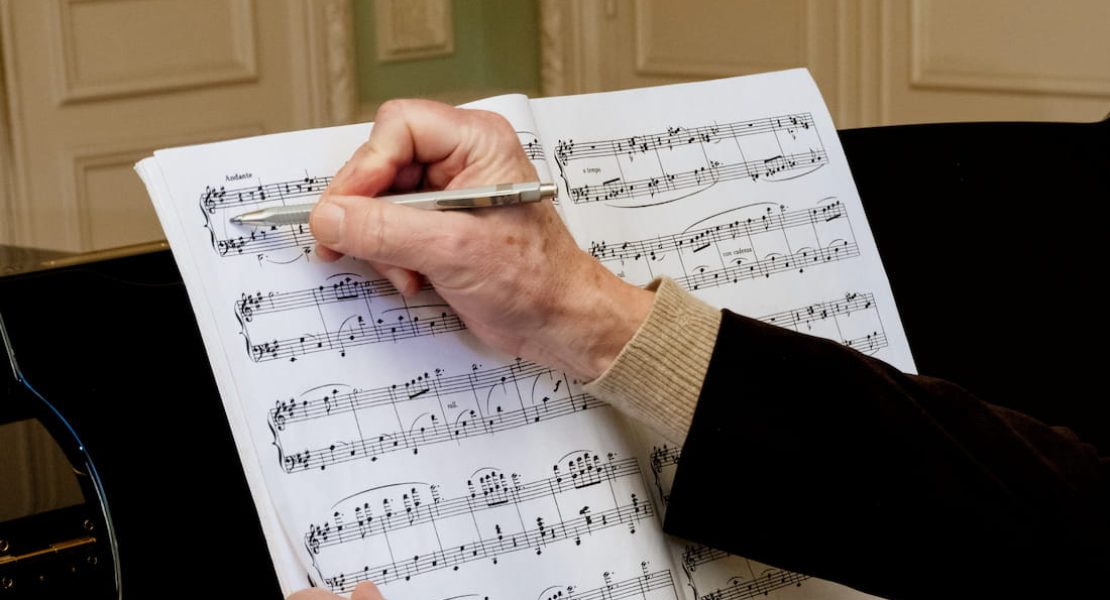Music theory:
Music theory consists of training the musical ear through listening practice, knowledge of music theory, study of rhythm, note reading and sight-reading.
Solfeggio classes are divided into the following levels:
Refresher classes :
- 1 remedial class
Complementary classes :
- Levels 1, 2 and 3. Certificate at end of level 3.
Specialized classes :
- Specialized music theory:: preparation for the Certificat de Solfège Spécialisé
Levels 1, 2 and 3 are part of the complementary teaching units required to obtain an instrumental or vocal diploma, and are also accessible outside the curriculum. A special two-level class is available for singers.
Specialized music theory leads to the Certificat de Solfège Spécialisé, awarded on examination at the end of the 1st or 2nd year.
Deciphering
The deciphering course involves the study of musical texts to develop :
- The technical skills of sight-reading individually or collectively, and the ability to understand the character of a work according to the elements that define its style.
- Knowledge of the repertoire of different periods, related to the specificity of the student’s instrument.
- Application of solfeggio and harmonic analysis.
- Knowledge of musical terms and indications, mainly French and Italian.
- Specifically for singers, vocal reading in French, German and Italian.
This complementary discipline is compulsory as part of diploma preparation, and is also accessible outside the curriculum. A good level of solfeggio and instrumental playing is required for this discipline.
Analysis
The analysis course involves the analytical study of scores with the aim of determining their harmonic and formal characteristics, as well as their stylistic features.
Three levels make up this course:
- Harmonic analysis
- Form and style analysis
- Specialized analysis (new themes each year)
This course is compulsory as part of diploma preparation, and is also available outside the curriculum.
Music history
The aim of the music history and repertoire course is to provide students with the essential elements of a chronological knowledge of the main trends, as well as the lives and works of the main composers in themselves and in their relationship with historical, social, political and cultural events. It also enriches students’ aural discovery of the major works in the historical repertoire.
The music history course is divided into two periods:
- Period I: from Gregorian Chant to the end of the 18th century
- Period II: from the early 19th century to the Second Viennese School
Each period corresponds to an alternating school year.
This course is compulsory as part of diploma preparation, and is also available outside the curriculum.
Advanced specialized music history
he History of Advanced Specialized Music course is designed to explore specific topics in the history of music, and to support students’ historical and musicological research on a subject of their choice.
The annual theme is defined at the beginning of the school year.
This course is optional as part of diploma preparation, and can also be taken outside the curriculum.
Student already?
For further information on fees and payment, please visit the school intranet.
RE-REGISTERNew student rates
*Annual registration fee: €270
**Annual registration fee: €400
This training may be covered by organizations such as Afdas or France Travail. For further information, please write to bourse@enmp.fr or contact the relevant organization directly.
APPLY

